I want to convert binary value into integer array in c#.
For example consider binary value : 111 , it's integer equivalent is 7 (right most digit equals to integer 1, middle binary digit is equivalent to integer 2 and left most digit is 4, so 1+2+4 = 7).
how do I get each integer digit (i.e. 1, 2 ,4) in form of an array (or list) using c# ?
